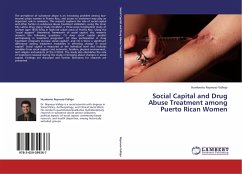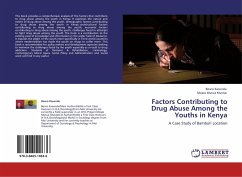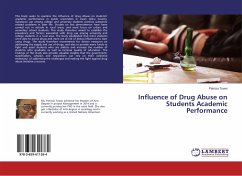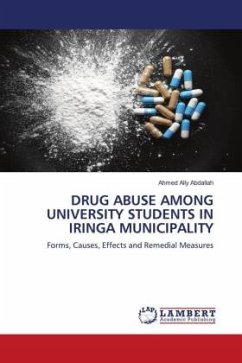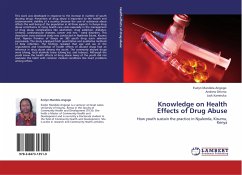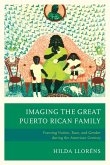The prevalence of substance abuse is an increasing problem among low-income urban women in Puerto Rico, and access to treatment may play an important role in remission. This research explores the role of social capital and other factors in substance abuse treatment utilization, using the Inner City Latina Drug Using Study (ICLDUS): a three-wave longitudinal study of women ages 18-35 living in high-risk urban areas of Puerto Rico. Using the "social support" theoretical framework of social capital, this research answers the following questions: (1) does social capital predict participating in treatment programs?, (2) does participation in drug treatment programs increase social capital?, and (3) is there a significant difference among treatment modalities in affecting change in social capital? Social capital is measured at the individual level and includes variables from social support and networks, familism, physical environment, and religion instruments of the ICLDUS. The study also elucidates the role of treatment received during the study in bringing about changes in social capital. Findings are discussed and further directions for research are presented.
Bitte wählen Sie Ihr Anliegen aus.
Rechnungen
Retourenschein anfordern
Bestellstatus
Storno

